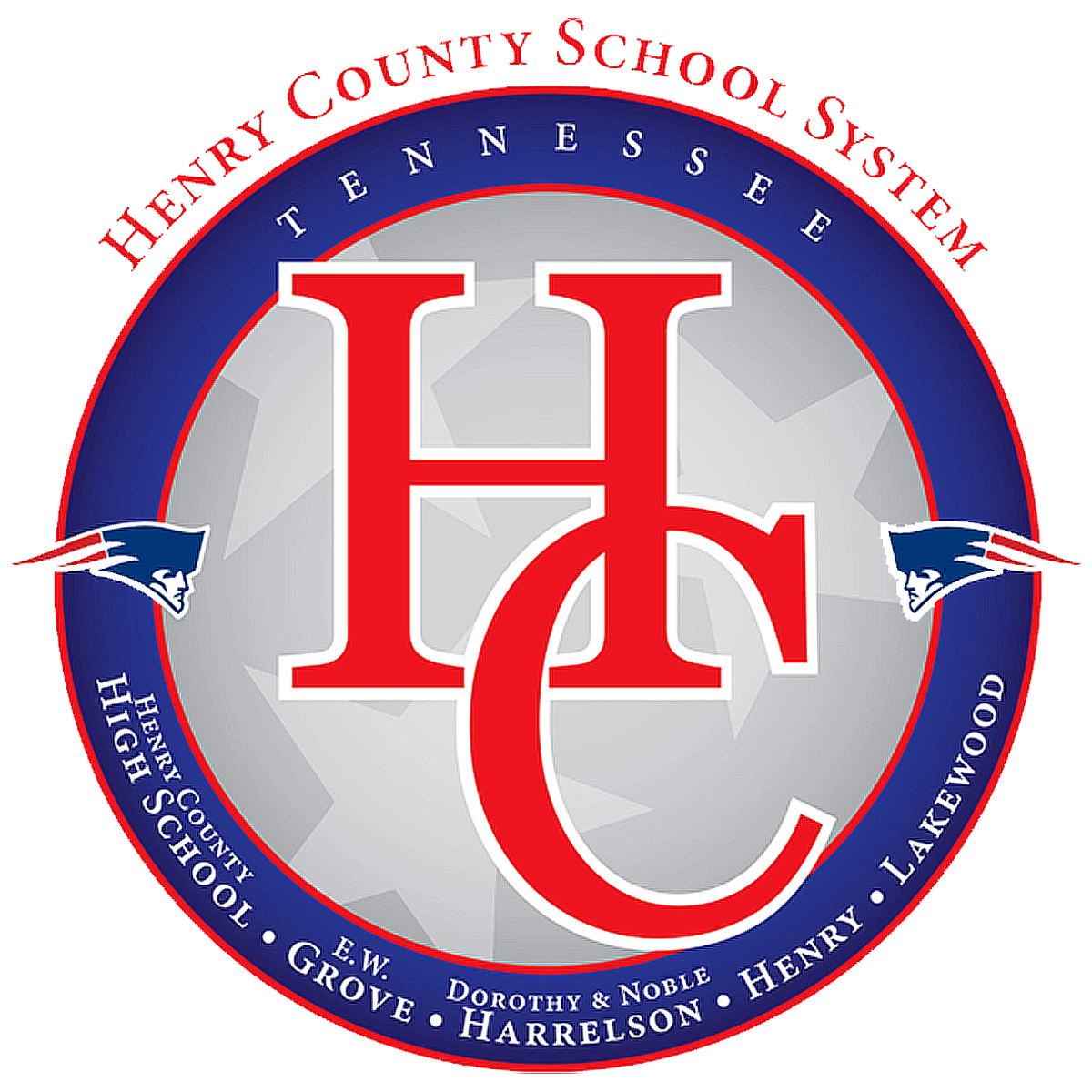Title I, Part A Program
Purpose of Title I, Part A
Tennessee’s federally funded Title I, Part A Program supports local school districts in improving teaching and learning in schools with high percentages of economically disadvantaged students. The goal is to ensure that all students meet the state’s challenging academic content and performance standards.
Title I, Part A is the largest federal assistance program for schools. Funds may be used for:
Schoolwide Programs – improve the entire instructional program of a school so that all students benefit; no individual eligibility is required.
Targeted Assistance Programs – provide services to identified students who are most at risk of failing to meet state standards.
Preschool Programs – LEAs and schools may use Title I funds to support high-quality preschool programs for eligible children to strengthen school readiness.
How Parents Can Be Involved
You are an important part of the Title I team! Parents and families help strengthen the program by:
Attending the annual Title I meeting at your school.
Learning about your rights and responsibilities under the program.
Providing feedback and suggestions to improve your school.
Reviewing and supporting your school’s Parent & Family Engagement Policy and School-Parent Compact.
Participating in school activities and decision-making opportunities.
Parental Notification Requirements
Federal law requires school districts and schools to provide parents with timely and meaningful information in a clear, uniform, and understandable format, and in a language parents can understand when practicable. Below are required notices:
1. Teacher Qualifications
At the beginning of each school year, parents may request information regarding the qualifications of their child’s teachers and paraprofessionals, including:
Whether the teacher meets state certification and licensing requirements;
Whether the teacher is teaching under an emergency or provisional status;
Whether the teacher is teaching outside of their certified field; and
The qualifications of any paraprofessionals working with their child.
[ESSA §1112(e)(1)(A)]
2. Student Privacy
Parents must be notified annually of policies and practices regarding:
Surveys requesting sensitive information;
Collection or use of student information for marketing;
Administration of physical exams or screenings.
[20 U.S.C. 1232g]
3. Directory Information
Under FERPA, schools must notify parents of the type of “directory information” (such as names, addresses, and phone numbers) released publicly, and parents’ right to opt out.
Additionally, ESSA requires schools to inform parents that student directory information is released to military recruiters upon request, unless parents opt out in writing.
[20 U.S.C. 1232g; ESEA §8025]
4. Parent and Family Engagement
Each district and school receiving Title I funds must develop, with parent input, a written Parent and Family Engagement Policy. This policy must:
Be available in a language parents understand;
Be reviewed and updated regularly;
Include opportunities for parents to help plan, review, and improve Title I programs.
Schools must:
Hold at least one annual Title I meeting;
Offer meetings at flexible times;
Provide information on curriculum, academic assessments, and student progress;
Develop a School-Parent Compact outlining shared responsibilities for learning.
[ESSA §1116]
5. Report Cards & Assessments
Districts must provide:
An annual report card with student achievement, accountability, teacher qualifications, and other data [ESSA §1111(h)];
Individual student reports on state assessments to parents, teachers, and principals.
6. English Learner Programs
Parents of English Learners must be notified within 30 days (or within 2 weeks if identified mid-year) regarding:
The child’s English proficiency level;
Program placement, methods of instruction, and expected progress;
Parent rights, including the right to decline or remove a child from services.
[ESSA §1112]
7. Homeless Children & Youth
Schools must provide written notice of the educational rights of homeless students, including:
School enrollment options;
Access to comparable services (transportation, meals, educational support);
The right to dispute placement decisions.
[McKinney-Vento Act; ESSA Title IX]
8. National Assessment of Educational Progress (NAEP)
If selected for NAEP, parents must be informed that participation is voluntary and students may decline to answer any questions.
[ESSA Title VI, §411]
9. 21st Century Community Learning Centers
Programs funded through Title IV must undergo periodic evaluations and make results publicly available.
[ESSA §4205(b)(2)]
10. Waivers
If a district requests a waiver of federal requirements from the U.S. Department of Education, it must notify the public.
[ESSA §8401(b)(3)(B)(ii)]
Summary
Title I, Part A provides additional resources to ensure all students have a fair, equal, and significant opportunity to obtain a high-quality education. Parent and family engagement is a key requirement and priority of the law. Your partnership helps schools create the best possible learning environment for every child.
